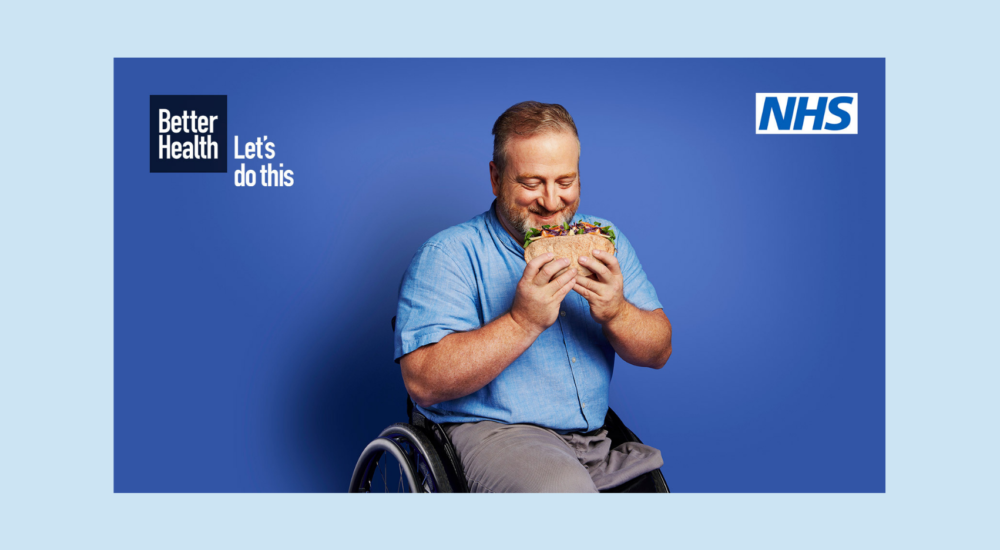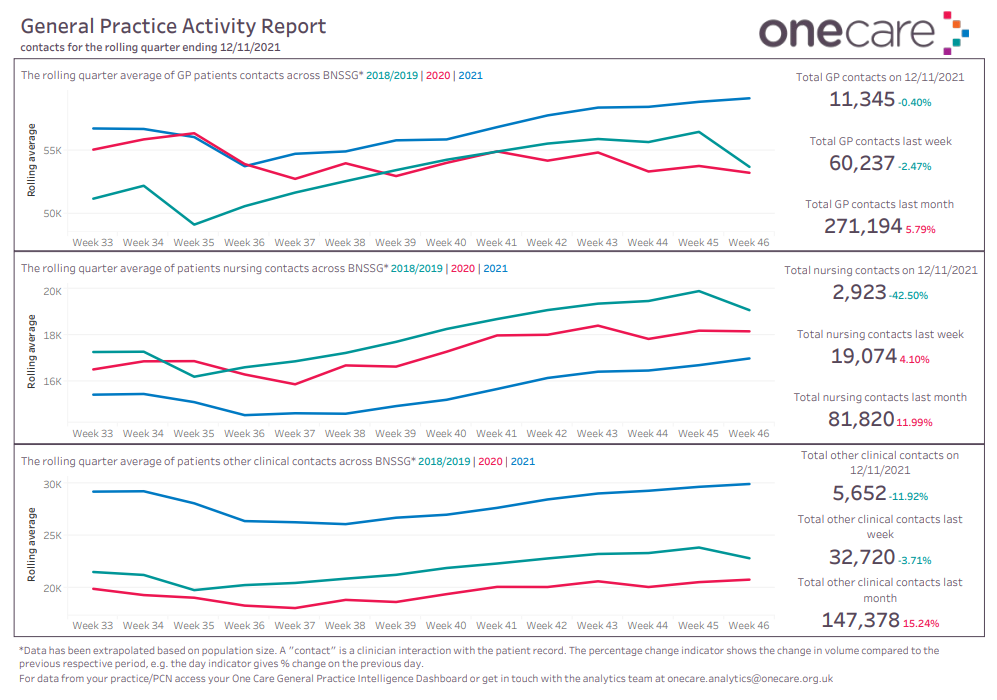One Care has been working with a Primary Care Network (PCN) over recent months to identify patients with an active mental health condition who might benefit from a tailored intervention.
The overall aim of the project is to improve outcomes for groups of patients with mental health troubles.
It has been widely recognised that Covid-19, and the wider effects of the pandemic, have significantly impacted mental health, aggravating pre-existing conditions as well as affecting people who have not previously experienced poor mental health.
One Care has been working with PCNs and system partners to understand how general practice can be supported to use data and analytics to get a better understanding of their population needs, highlight inequalities, and identify cohorts that would benefit from intervention.
One Care is delivering this mental health project to the unnamed PCN through a series of presentations and meetings, sharing an excel based tool and several reports produced using the system, R.
When comparing data from the PCN’s population between 2019 and 2021, as per the below graph, it’s clear to see the different percentage changes in patient activity for mental health (mh) and non-mental health cohorts.

January to March 2020 saw more patients across the two cohorts require medical attention in comparison to the same period in 2019, with the first lockdown reducing activity for both. But from June 2020 to present, there has been a substantial rise in activity for the mental health cohort.
To achieve the desired outcome, One Care identified all patients with active mental health conditions using clinically agreed code sets, before they were narrowed down further using demographic, social and health information.
The below graph is a visual representation for how data was used to agree a criteria to identify a cohort of patients from the PCN population that will benefit from a specific tailored intervention.

Having collated all the data, One Care is able to compare the group with the rest of the PCN population, highlighting how their health needs and health service utilisation differ.
One Care’s business intelligence team have begun to uncover and highlight how within patients with an active mental health condition there were some distinct groups and outliers that might benefit from specific intervention.
Applying these pre-identified criteria means One Care can provide a list of patients, alongside their health and demographic information, to PCN clinical leaders and managers. These clinicians can now review the list of patients and decide on suitable intervention, which One Care can support.
One Care offer a number of direct support services to our practices, PCNs and localities. Our analysts have access to local practice data which we present back to our practices through the General Practice Intelligence Dashboards. Our team can work with practice or PCN staff to analyse the data and turn it into intelligence, empowering practices to make decisions based on up-to-date information about activity in their practice.
One Care is working on a model of support to offer this service to more PCNs in the future, so if you would like to carry out a similar piece of work in your area, please contact rhys.lewis@onecare.org.uk.








